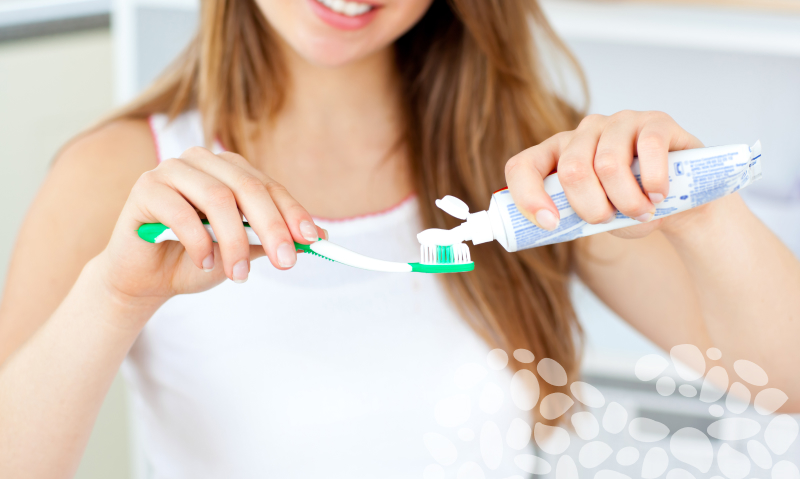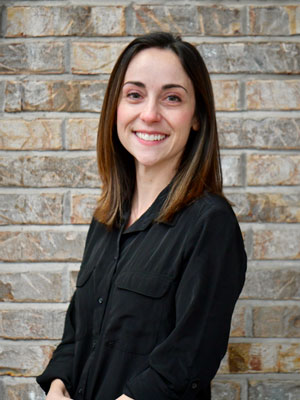It’s just one of those things we do. Brush our teeth. But when did you last check to see if you were actually doing it right? It’s true. There is a wrong way to brush your teeth. And the right way is quite a technique and fine art. Read on to better understand everything you need to know about toothbrushing, including the tips, techniques, and guidelines to keep your smile happy and healthy.
Toothbrushing tips you should know.
Maintaining good oral hygiene is crucial for overall health and well-being, and it all starts with brushing your teeth. While many people may view toothbrushing as a mundane task, there is a fine art to it that can make all the difference in keeping your teeth and gums healthy.
Let’s explore some toothbrushing tips everyone should know, including techniques for proper brushing, guidelines for selecting the right toothbrush, and other helpful tips for maintaining a healthy smile. Whether you’re seasoned at brushing your teeth or just starting out, this guide will provide the information you need to brush like a pro and keep your teeth shining bright.
Are you brushing long enough and often enough?
According to an article in Dentistry Today, one-third of adults in the U.S. are under-brushing or over-brushing their teeth. Further, 17% of people are believed to brush their teeth for only a minute, half the time dental experts recommend. But on the other side of the coin, it’s believed that about 13% of the U.S. adult population brushes for four minutes at a time. So this begs the question, how long and how often should you brush your teeth?
The American Dental Association recommends brushing for two to three minutes twice daily. Brushing your teeth for too short a time can lead to a buildup of plaque and tartar, which can cause cavities and gum disease. Additionally, food particles and bacteria can accumulate in the mouth, leading to bad breath.
On the other hand, brushing your teeth too much or too hard can also cause problems. Over brushing can wear down tooth enamel, leading to sensitivity and even tooth decay. It can also cause gum recession and damage to the gums, leading to gum disease.
Avoid taking your aggression out on your toothbrush and teeth.
Many patients mistakenly believe they must put some elbow grease into toothbrushing. But the truth is that a gentle stroke using the right toothbrushing technique and a soft-bristled toothbrush is all it takes. When you brush your teeth too hard, it can cause damage to both your teeth and gums. Signs that you may be brushing too hard include:
- Frayed toothbrush bristles
- Receding gums
- Gum inflammation and bleeding
- Sensitivity
To avoid these problems, it’s essential to use proper brushing techniques. You should hold your toothbrush at a 45-degree angle toward your gums and brush in circular motions, brushing all surfaces of your teeth. Don’t forget to brush your tongue and the roof of your mouth as well. Use gentle pressure and let the bristles do the work rather than applying too much force. Choosing a toothbrush with soft bristles helps minimize the risk of damage to your teeth and gums.
Wait 30 minutes to brush after consuming acidic foods and beverages.
Though citrus fruits, apples, pineapple, and berries are healthy and tasty alternatives to snacks laden with sugars and starches, it’s important to note these items are also high in natural acids. Consuming these fruits in moderation is generally safe for teeth, especially if followed by rinsing your mouth with water or brushing your teeth to help remove any residual acid.
However, individuals with pre-existing dental problems or conditions that make them more susceptible to tooth decay may need to be more cautious when consuming acidic fruits. Further, you should wait at least 30 minutes to brush your teeth after eating acidic fruits and foods because the acid in these foods can weaken the enamel on your teeth. When you brush your teeth immediately after consuming acidic foods, the abrasive action of the toothbrush combined with the weakened enamel can cause additional damage to your teeth. Waiting at least 30 minutes after eating gives your saliva time to neutralize the acid in your mouth and allows your enamel to re-harden through remineralization, reducing the risk of damage during brushing.
Mitigate brushing too hard with a few simple techniques.
If you’re brushing too hard, the first and foremost thing you need to do is lighten up, literally and figuratively. Let the toothbrush do the work instead of your arm. And instead of brushing aggressively, use gentle circular motions to cover all surface areas.
If you’re experiencing some sensitivity in your mouth from brushing too hard, do the following in addition to lightening the pressure you apply during the brushing process.
- Switch to a soft-bristled toothbrush—Using a soft-bristled toothbrush can help minimize additional damage to your teeth and gums.
- Use a desensitizing toothpaste—If you’re experiencing tooth sensitivity, switching to a toothpaste designed for sensitive teeth can help alleviate discomfort.
- Rinse with saltwater—Rinsing your mouth with a saltwater solution can help soothe irritated gums and promote healing.
- Visit your dentist—If your symptoms persist or are severe, it’s essential to see your dentist. They can evaluate your teeth and gums, provide professional cleaning, and recommend further treatment. And visiting your dentist every six months is a great way to maintain optimal dental health for life.
Need help with your brushing technique? Your kid’s dentist near Granite City can help.
Whether you are an adult brushing too hard or want your child to understand the best approach to good dental hygiene, Metro East Dental Care can help. After your dental cleaning, we’ll provide you with some toothbrushing tips to best protect your teeth and gums. We can also recommend the best soft-bristled toothbrush or desensitizing toothpaste based on your needs. Request an appointment today.

